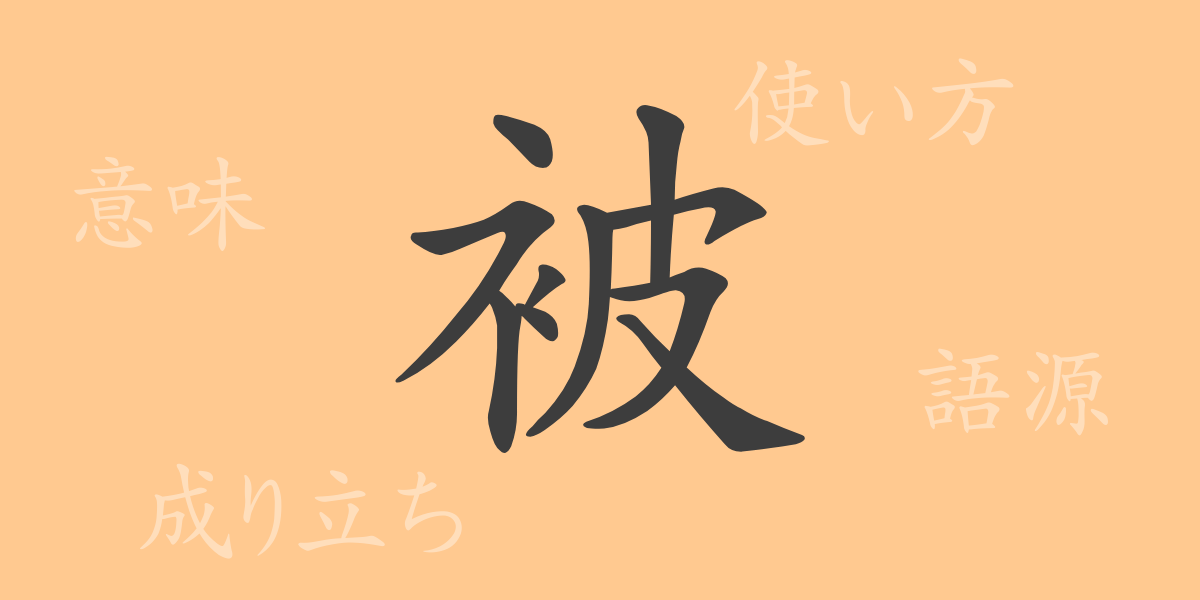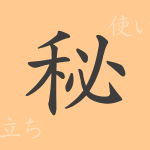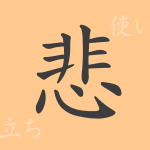“`html
Japanese written culture has a deep history, with Kanji(かんじ) at its core. One of the commonly used Kanji(かんじ) is “被(ひ),” which plays a crucial role in Japanese sentences. In this article, we delve into the origins, meanings, usages, and even idioms involving the Kanji(かんじ) “被(ひ),” uncovering its charm.
Origins of 被(ひ)
The Kanji(かんじ) “被(ひ)” is a character that originated from ancient China, originally depicting the act of wearing something on the head. As a pictograph, the upper part represents the item being worn, while the lower part depicts a person’s head. Over time, its shape evolved into its current form, but its fundamental meaning of receiving or accepting has been retained.
Meanings and Usages of 被(ひ)
The Kanji(かんじ) “被(ひ)” carries the meaning of receiving something or being covered by something. It is often used in passive situations or scenes where something is worn or covered. Specifically, it can be seen in expressions like “被(こうむ)る” (to suffer) a disaster or “被(こうむ)る” (to bear) responsibility. Additionally, it is used in legal terms such as “被害(ひがい)” (damage) and “被告(ひこく)” (defendant), referring to the harm received or the person being sued.
Readings, Stroke Count, and Radical of 被(ひ)
The Kanji(かんじ) “被(ひ)” can also be understood through its readings and components.
- Readings: On’yomi(おんよみ) is “ヒ(ひ),” Kun’yomi(くんよみ) includes “こうむる(こうむる)” and “おおう(おおう)”
- Stroke Count: 10 strokes
- Radical: 衣(ころもへん) (clothing radical)
Idioms, Proverbs, and Expressions Using 被(ひ)
Idioms, proverbs, and expressions containing “被(ひ)” strongly reflect the character’s meaning. For example, “被害(ひがい)” refers to harm received from disasters or crimes, “被告(ひこく)” refers to the person being sued in a lawsuit, and “被服(ひふく)” means clothing. In proverbs, “被害妄想(ひがいもうそう)” describes a psychological state where one believes they are being harmed even when they are not.
Summary of 被(ひ)
Through this article, we have explored various aspects of the Kanji(かんじ) “被(ひ).” From its origins to its modern usages and idioms, it is clear that “被(ひ)” is an indispensable character in the Japanese language. By deeply understanding this Kanji(かんじ), which is frequently encountered in daily life, one can achieve richer Japanese expression.
“`

























